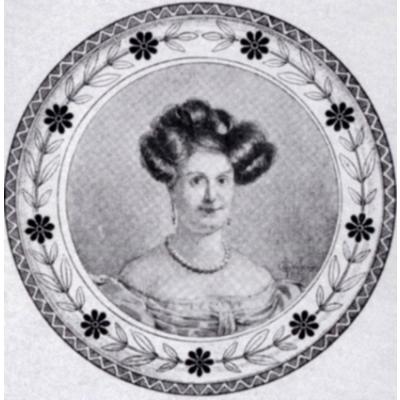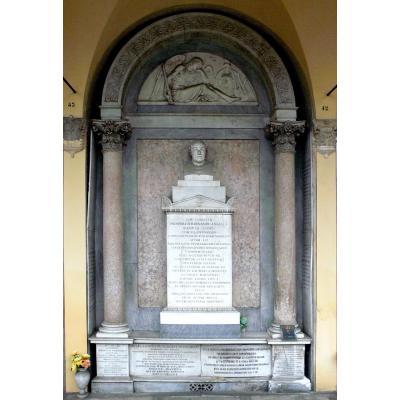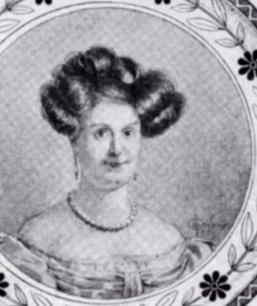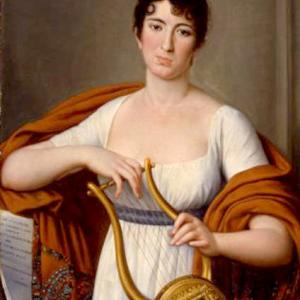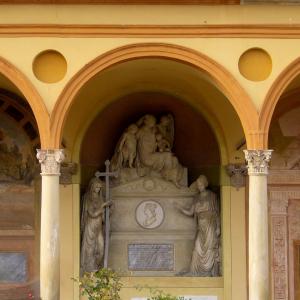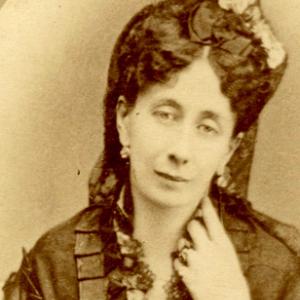Scheda
Teresa Carniani was born in Florence on March 28, 1785 of Cipriano Carniani and Elisabetta Fabbroni, in a not aristocratic but wealthy family. The Fabbroni, in fact, belonged to the Tuscan patriciate and her maternal uncle was professor of chemistry, physics and an expert in natural history. The girl spent her childhood, in Florence, by her aunt Teresa Pelli Fabbroni, whose house was attended by the most important personalities of the political and cultural life of the time: Alfieri, Verri, Humboldt and the countess of Albany. Here, Teresa learnt the art of conversation and how to behave in society. And in the same house, she met Count Francesco Malvezzi de’Medici, who would have become her husband, despite the initial opposition of his family. The marriage took place on November 1, 1802 and the couple moved to the Bolognese palace in via Zamboni.
In Bologna, Teresa cultivated her love for literature and poetry, which “come che non mai coltivato, era sin dalla fanciullezza stato sempre il mio prediletto” (“as if never cultivated, since I was a child, it has always been my favourite”). Her masters were abbé Giuseppe Biamonti, Paolo Costa, Giuseppe Mezzofanti, who taught her foreign languages, in particular English, and countess Olimpia de’Bianchi, friend of M.me de Staël, who taught her French literature. Moreover, Teresa engaged in composing poetry, thanks to which she was admired by Vincenzo Monti, and she wrote a historical short poem on Medieval topic too. In prose, she wrote some valuable Ciceronian vulgarizations, that gained academical acknowledgments; her translations from English of The Rape of the Lock and of Messiah: A Sacred Eclogue by Alexander Pope were successful as well. Her culture and her works allowed her to be received by the Bolognese academicians with flying colours and to join the shepherdesses of Arcadia, under the pseudonym Ipsinoe Cidonia. Besides, she got a license in the Accademia Tiberina, one in the Accademia latina and in 1828 she was elected academician of Filergiti. In 1836 she was finally received in the Regia Accademia delle Scienze in Turin, an honor seldom granted to a woman. In Malvezzi palace, Teresa would gather important guests: some of them were Vincenzo Monti, Paolo Costa and Giacomo Leopardi, habitué of her meetings for more than one year, between 1825 and 1826. Teresa definitively closed her palace’s doors to her friends in 1840, when, afflicted with nervous troubles, she no longer felt capable to carry out such an intellectually tiring experience. Or perhaps because the political environment was changing also the meaning of private clubs: civil engagement was beginning to prevail on pleasures derived from cultural conversation, not an appropriate field for a woman who had decided to leave politics outside her doors. She died in Bologna on January 9, 1859.

